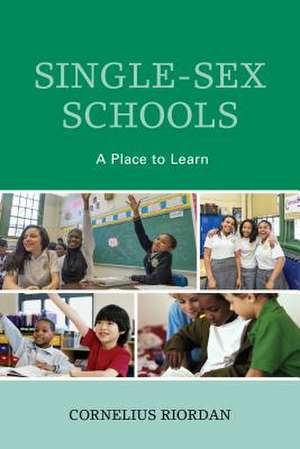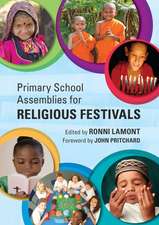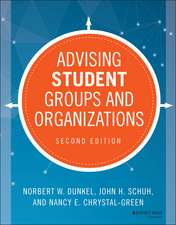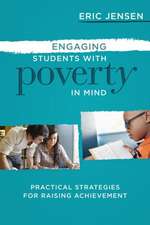Single-Sex Schools
Autor Cornelius Riordanen Limba Engleză Paperback – 2 iul 2015
Preț: 241.90 lei
Nou
Puncte Express: 363
Preț estimativ în valută:
46.30€ • 50.31$ • 38.92£
46.30€ • 50.31$ • 38.92£
Carte tipărită la comandă
Livrare economică 21 aprilie-05 mai
Preluare comenzi: 021 569.72.76
Specificații
ISBN-13: 9781475813647
ISBN-10: 1475813643
Pagini: 82
Dimensiuni: 152 x 229 x 5 mm
Greutate: 0.14 kg
Editura: Rowman & Littlefield
ISBN-10: 1475813643
Pagini: 82
Dimensiuni: 152 x 229 x 5 mm
Greutate: 0.14 kg
Editura: Rowman & Littlefield
Notă biografică
Cuprins
Chapter 1 Educational Politics and Educational Policy
Chapter 2 Some Simple Assumptions
Chapter 3 What Are School Effects and How Do We Measure Them?
Chapter 4 What Do We Know About Single Sex School Effects?
Chapter 5 Single Sex School Effects are Larger for Disadvantaged Students
Chapter 6 What Do We Know About Public Single Sex Schools?
Chapter 7 Why are Single-Sex Schools More Effective than Coeducational Schools?
Chapter 8 Groups and Organizations Matter
Descriere
This book takes up the challenge of studying the effectiveness of single sex schools. Riordan frees the discussion of its ideological and political baggage and brings a degree of theoretical and empirical balance to the debate. The book provides a sociological foundation for considering single sex schools.









